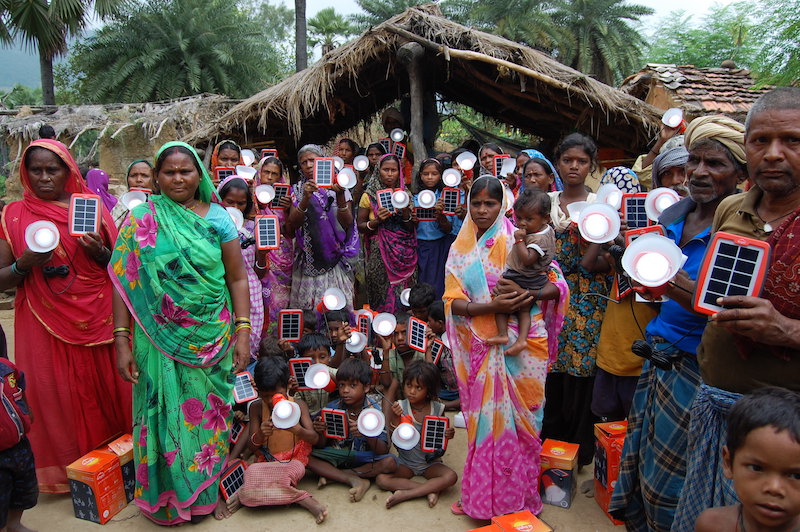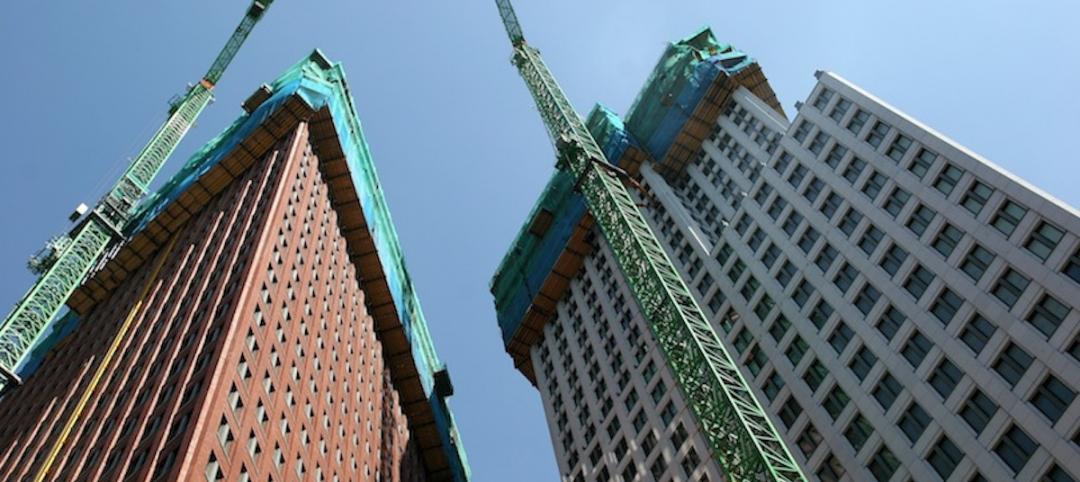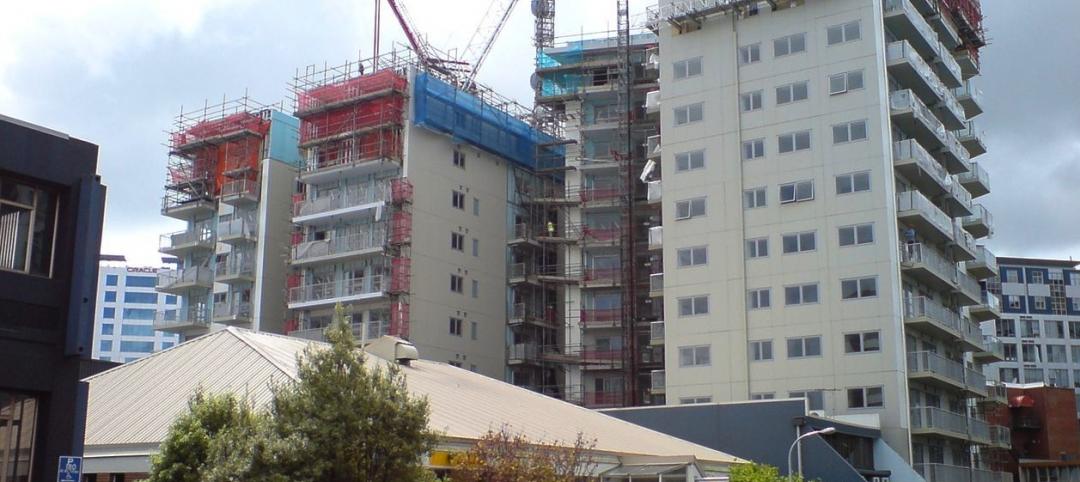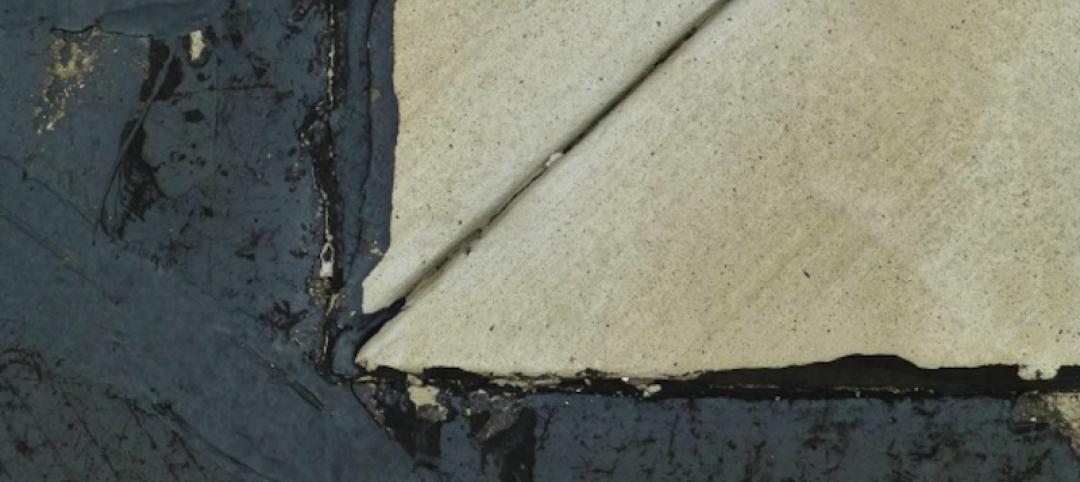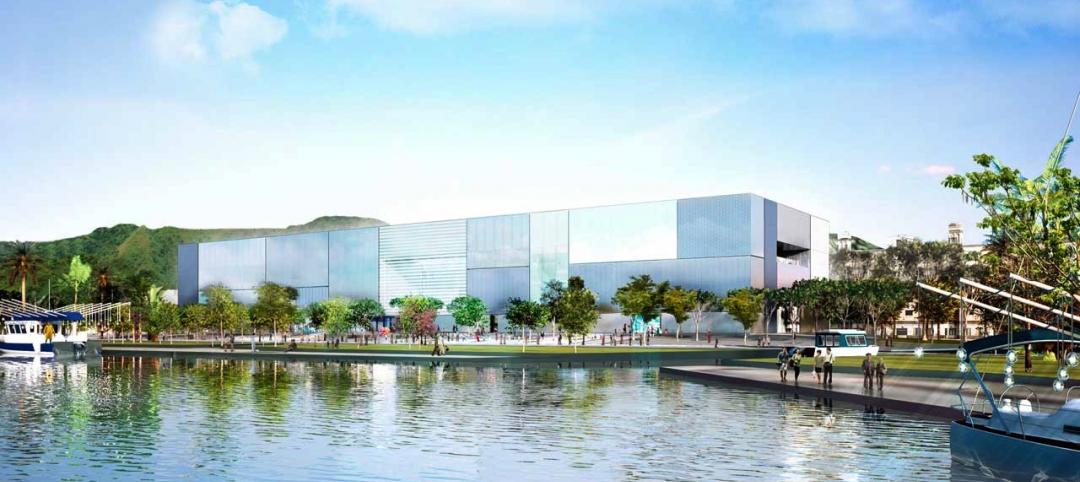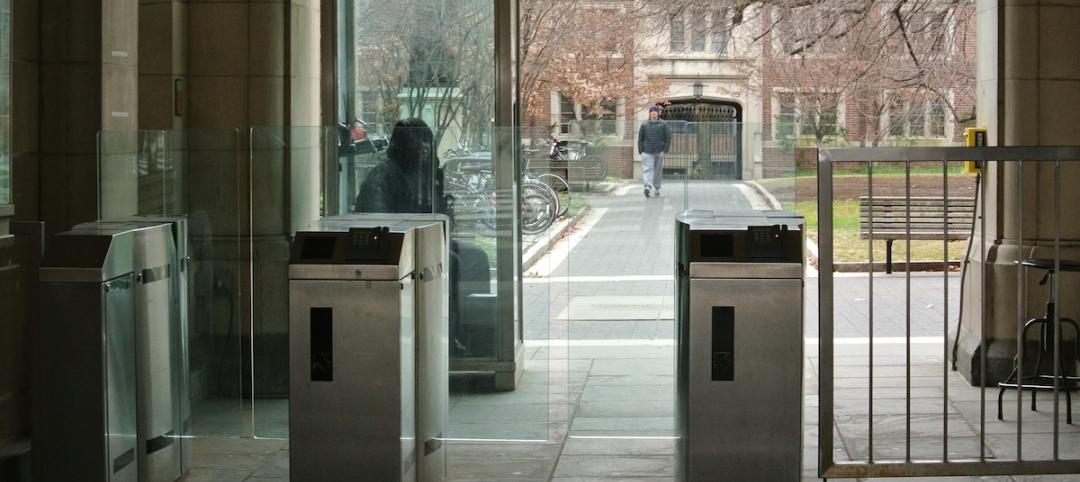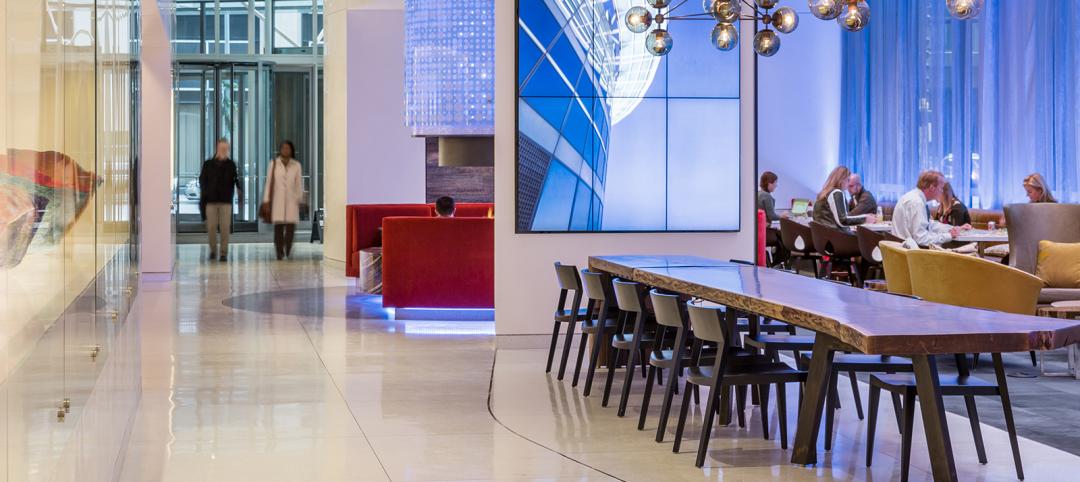AEC firms always talk about how they want their work to “change the world.” One firm, AECOM, is taking corporate responsibility to another level by providing financial support that empowers its employees to tackle humanitarian, environmental, and infrastructure challenges around the world.
AECOM’s inaugural Blueprint Travel Grant program, which it launched last month, awarded 25 grants to support projects that range from the installation of solar-powered water purification systems, to the design and construction of educational facilities in rural communities. This impact initiative spans 15 countries, with the purpose of bringing lasting, scalable solutions to communities and people in need.
The countries include Cambodia, China, Ecuador, El Salvador, Ghana, Guatemala, India, Kenya, Malaysia, Nepal, Panama, Philippines, Tanzania, Thailand, and Uganda.
While AECOM did not disclose its financial commitment to this program, it did state that it is making donations directly to nonprofit partners, for specific campaigns or projects, “to champion our employees’ participation in a skills-based volunteer trip service,” says Brendan Ranson-Walsh, the firm’s Vice President of Global Communications and Corporate Responsibility.
Responding by email to BD+C’s questions, Ranson-Walsh says that this program is the “cornerstone” of AECOM’s corporate responsibility platform Blueprint for a Better World, which has three core pillars: opening doors, creating opportunity, and protecting tomorrow.
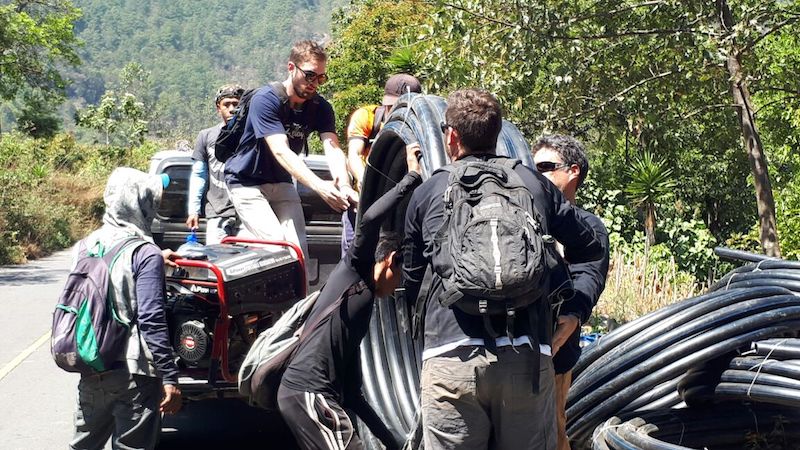
AECOM employees help load a section of pipe for transport to the work site in the nearby mountains in Chacayá, Guatemala, a small, Mayan village where coffee farming is the predominant industry. Weighing over 120 pounds each, the 100-meter rolls of pipe presented a significant challenge in hauling them up the steep mountain trail for installation. The community organized teams of 20 people to haul and install three-four rolls per day. Image: AECOM
Examples of the projects that AECOM’s employees are engaging, with the firm’s support, include:
•A team that’s partnering with Engineers Without Borders USA to design, engineer, plan, and construct a vehicular and pedestrian bridge for a Mayan community in Chimaltenango, Guatemala. The bridge would provide better access to the community, lower transportations costs, and improve medical response time for more than 1,200 residents.
•A team from 10 of AECOM’s offices in three countries is working with Building Humanity to construct a bakery for the Felix Family Village in Surat Thani, Thailand. That village supports orphaned and abandoned children, including those who have lost parents to HIV/AIDS. The bakery will provide food and extra income to the orphanage.
•Two AECOM employees are partnering with Engineers Without Borders Kenya to design and construct safe ecological sanitation facilities at the Inchuni Primary School in Kisii County, Kenya. The new facilities will address the school’s substandard and unhygienic sanitation infrastructure, and prevent the displacement of more than 500 students and faculty members.
“Through the transformational projects they deliver, our people are the driving force behind AECOM’s positive impact in communities around the world,” says Mike Burke, the firm’s Chairman and CEO.
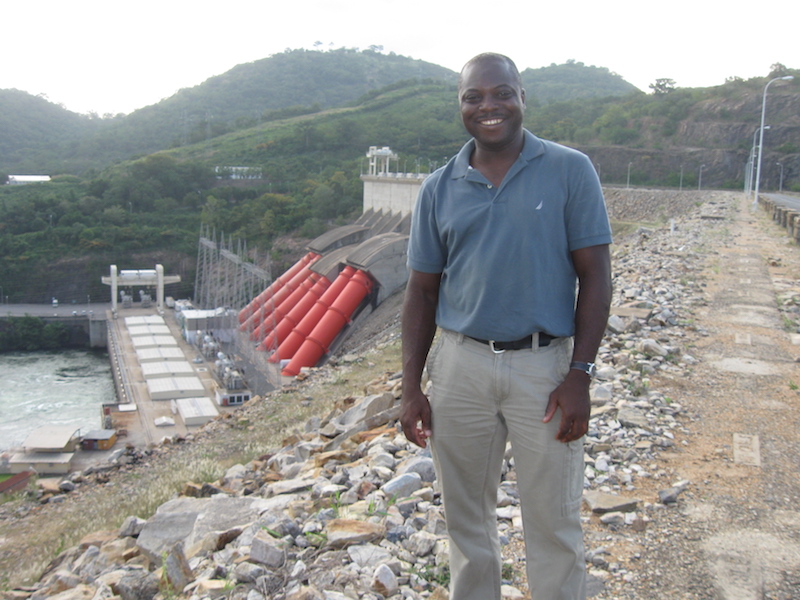
Edmund “Eddie” Doku, Project Engineer II, Design & Consulting Services, at a water and sanitation project in Ghana. Eddie has been volunteering with Engineers Without Borders USA since 2011. Image: AECOM
Related Stories
Sports and Recreational Facilities | Feb 20, 2015
Chargers, Raiders propose joint stadium in Carson
Two rival teams may bring the NFL back to Los Angeles.
Engineers | Feb 20, 2015
PwC reports record year for M&A activity in engineering and construction
Worldwide engineering and construction industries closed 218 M&A deals in 2014 worth more than $172 billion, according to a PwC report.
Multifamily Housing | Feb 19, 2015
Is multifamily construction getting too frothy for demand?
Contractors are pushing full speed ahead, but CoStar Group thinks a slowdown might be in order this year.
Building Materials | Feb 19, 2015
Prices for construction materials fall in January, following plummet of oil prices
The decline in oil and petroleum prices finally showed up in the produce price index data, according to ABC Chief Economist Anirban Basu.
Codes and Standards | Feb 18, 2015
Buildings with rocking steel-braced frames are advantageous in earthquakes
Research at Case Western Reserve University has found that buildings that rock during an earthquake and return to plumb would withstand seismic shaking better than structural designs commonly used today in vulnerable zones of California and elsewhere.
Codes and Standards | Feb 18, 2015
USGBC concerned about developers using LEED registration in marketing
LEED administrators are concerned about a small group of developers or project owners who tout their projects as “LEED pre-certified” and then fail to follow through with certification.
Office Buildings | Feb 18, 2015
Commercial real estate developers optimistic, but concerned about taxes, jobs outlook
The outlook for the commercial real estate industry remains strong despite growing concerns over sluggish job creation and higher taxes, according to a new survey of commercial real estate professionals by NAIOP.
Museums | Feb 18, 2015
Foster + Partners' National Museum of Marine Science and Technology breaks ground in Taiwan
The museum will be home to an aquarium, exhibition space, and waterfront views.
University Buildings | Feb 18, 2015
Preparing for the worst: Campus security since Virginia Tech
Seven years after the mass shootings at Virginia Tech, colleges and universities continue to shake up their emergency communications and response capabilities to shootings and other criminal threats.
Office Buildings | Feb 18, 2015
Why the mobile workplace isn't always mobile
Perkins+Will’s Janice Barnes addresses the nuance in mobility types and explains the importance of defining terms upfront.


